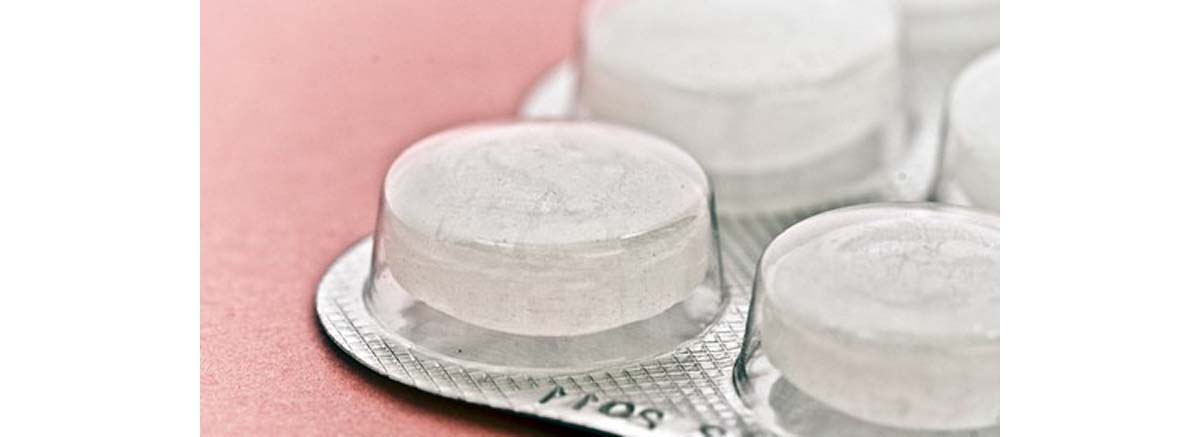Table of Contents
Coughs can be classified as chronic, acute, and sub-acute depending on the duration they last.
Acute coughs are caused by common cold or a sinus infection and go away within three weeks.

Sub-acute coughs last from 3 to 8 weeks and are caused by a lung infection or a cold. Sub-acute coughs go away on their own but they might also need some treatment.
Chronic coughs last for 8 weeks or more. Chronic cough is usually an indicator that something is wrong in your body. Chronic cough might also be caused by diseases such as tuberculosis and lung cancer.
Most doctors suggest that a pesky nonproductive cough will last about 18 days. However, a recent study conducted by a researcher Mark. H. Ebell, from the University of Georgia explains that coughs normally last longer than we think they do. The study involved a survey of about 500 adults in Georgia and they were asked how long a cough would last under different situations. The results of the survey were compared to the answers found in medical literature. Most people think that coughs will be over in a little over a week. On the contrary, most forms of coughs last for about two weeks.
The study also found that antibiotics do not cure most types of coughs. People who have taken antibiotics for treating coughs associated with cold often feel better after seven days. They feel that the recovery is because of the antibiotics. However, antibiotics do not treat viruses. The cough gets better on its own, and not because of the antibiotics.
Cures for Coughs
A cough that is caused by a viral infection cannot be cured quickly. The cough will go away only after the body’s immune system has fought off the virus. A simple home-made cough concoction comprising honey and lemon in warm water is helpful in treating short-term coughs. Other treatments for cough are listed below:
- Cough medicines: Though cough medicines are not very effective, some of the ingredients of the medicine might help in soothing common symptoms associated with cough such as blocked nose and fever.
- Cough Suppressants: Cough suppressants, such as dextromethorphan, antihistamines, and pholcodine, are useful for dry coughs as they act on the brain to hold back the cough reflex. Cough suppressants should preferably be taken under prescription as they might have some side effects. Common side effects of cough suppressants include drowsiness, constipation, and blurred vision. Some antihistamines might also interfere with other medicines.
- Expectorants: Expectorant are good for productive coughs as they help in bringing the phlegm up thereby easing the coughing.
It must be noted that antibiotics are not advised for treating coughs as they are only effective in killing bacteria but not viruses. Therefore, antibiotics must only be prescribed in cases where there is a secondary bacterial infection, for instance in pneumonia.
- “How Long Does a Cough Last? Comparing Patients’ Expectations With Data From a Systematic Review of the Literature”, by Mark H. Ebell, et al. Published in the January/February 2013 issue of Annals of Family Medicine, accessed on March 4, 2013
- “Prevalence, pathogenesis, and causes of chronic cough”, by K F Chung, et al. Published in the April, 2008 issue of Lancet, accessed on March 4, 2013.
- Photo courtesy of dtrimarchi on Flickr: www.flickr.com/photos/dtrimarchi/4215436541


Your thoughts on this